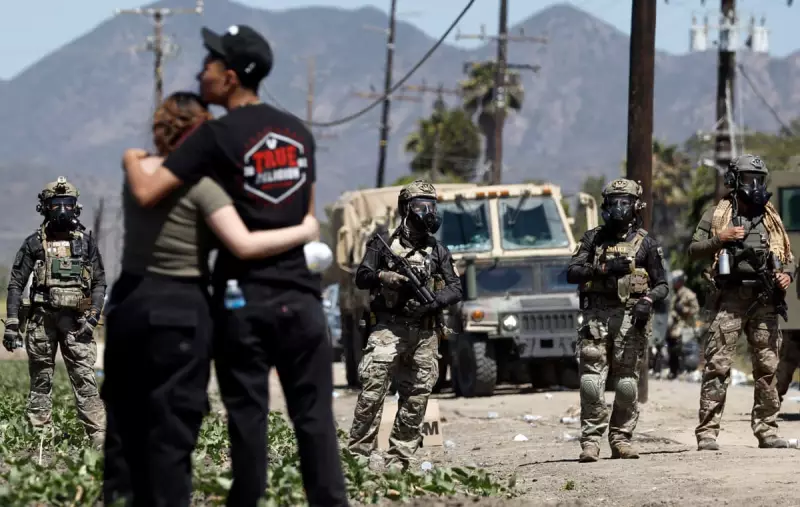
In a landmark ruling that sets the stage for a constitutional showdown, the US Supreme Court has delivered a seismic victory to former President Donald Trump's administration. The court has greenlit a controversial push to compel California's police and sheriffs to function as de facto agents of Immigration and Customs Enforcement (ICE).
The decision, seen as a radical expansion of federal power, mandates that state and local law enforcement agencies must honour ICE's requests to detain individuals suspected of violating immigration laws until federal agents can take them into custody. This directly challenges California's 'sanctuary' laws, which were specifically designed to limit such cooperation, arguing it erodes trust between immigrant communities and the police.
A State Defiant
California's leaders have reacted with fury and defiance. Governor Gavin Newsom lambasted the ruling as a "dangerous overreach" that threatens public safety and states' rights. The state has vowed to fight the order through every legal channel available, signalling a protracted battle that will extend far beyond the courtroom and into the heart of American political discourse.
The Human Impact
At the core of this legal firestorm are millions of Californians. Immigrant advocacy groups warn that the ruling will instil fear in communities, discouraging people from reporting crimes or cooperating with police for fear of deportation. Law enforcement officials are caught in the middle, facing a potential dilemma between complying with federal dictates and maintaining the trust they have built locally.
This ruling is more than a legal technicality; it is a forceful reassertion of Trump's hardline immigration agenda through the judicial branch, promising to reshape the relationship between federal and state authority for years to come.





